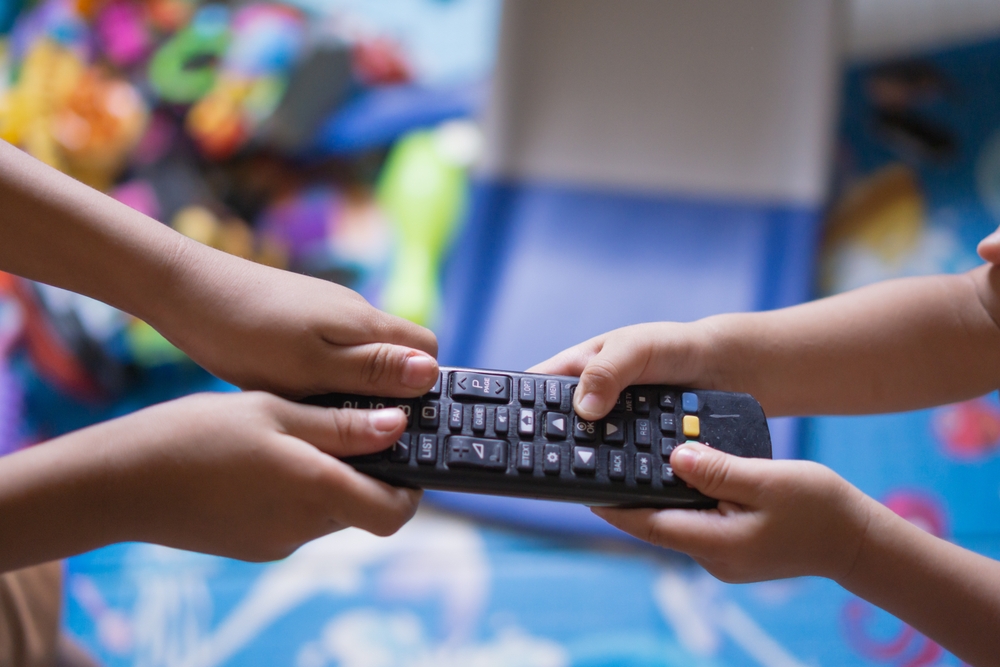While Millennials face their own unique challenges (looking at you, student debt and housing crisis), there’s a particular set of hardships that Baby Boomers experienced that today’s generation will never truly comprehend. It’s not about who had it harder—it’s about acknowledging a completely different world that existed before technology solved problems we no longer even recognize as problems.
1. The Art of Being Unreachable

Being unreachable wasn’t a choice you made by turning off your phone—it was just the default state of existence. Left the house? You were in a communications blackout until you returned. Made plans to meet someone at 7:00? Better be there on time, because there was no way to text “running late!” If you missed each other, that was it—evening ruined, no backup plan possible.
2. The Smoking Section Everywhere

Here’s something that’ll blow Millennial minds: imagine being the only non-smoker in your office, restaurant, airplane, or doctor’s waiting room. There wasn’t a non-smoking section in life. Your clothes permanently smelled like an ashtray, your wallpaper turned yellow, and asking someone not to smoke in your face was considered rude. Even hospitals had ashtrays in the rooms.
3. The Bank Hours Situation

Banking wasn’t a 24/7 smartphone tap. Banks closed at 3 PM sharp, weren’t open on weekends, and if you missed that window, you weren’t getting cash until they reopened. Payday on Friday but can’t make it to the bank? Enjoy your weekend! Need to transfer money? That’s a whole afternoon event involving actual human interaction and paper slips. The phrase “banker’s hours” was a lifestyle constraint.
4. The TV Schedule Situation

Television wasn’t a “watch whenever you want” situation—it was a strict schedule that ruled your life. Missed your favorite show? Better hope you catch it in reruns months later. No pausing for bathroom breaks, no binge-watching, no streaming alternatives. The TV Guide was more important than any other publication in the house, and the phrase “Don’t call during [show name]” was a legitimate household rule.
5. Navigating The Roads

Getting lost wasn’t a minor inconvenience. No GPS, no smartphones, just you and a paper map that refused to fold back correctly. Making a trip to a new place meant written directions, multiple gas station stops for guidance, and heated arguments about whether you should have turned left three lights ago. “I think this looks familiar” was both a hopeful statement and a complete lie.
6. The Research Paper Fiasco

Writing a research paper meant camping out at the library, fighting for the one copy of the book you needed, and manually copying information onto index cards. No ctrl+F to find what you’re looking for—you had to read the actual book. Citations weren’t generated automatically, they were painstakingly typed out according to a style guide that seemed designed to induce madness.
7. Financially Planning To Buy Music

Albums were expensive, and you bought them mostly unheard, based on maybe one song you caught on the radio. If you wanted to make a mixtape for someone, you had to sit for hours by the radio, finger hovering over the record button, waiting for your songs to play. Your musical taste was more than a preference, it was a significant financial investment.
8. Applying For Colleges Was A Test in Endurance

Each application had to be typed (perfectly) or handwritten (immaculately). Essays couldn’t be easily edited or duplicated. Transcripts had to be mailed by your school, recommendations had to be physically signed and sealed, and everything had to be sent through actual mail with enough time for processing. Miss a deadline by one day? Your entire future could be derailed by the postal service.
9. The Manual Labor of Finding Information

Need to know something? That meant physical effort. Looking up a word meant walking to the bookshelf and pulling down the dictionary. Finding a recipe required flipping through recipe cards or cookbooks. Researching anything meant a trip to the library and knowledge of the Dewey Decimal System. Information wasn’t at your fingertips, it was on a shelf somewhere, probably requiring a stepladder to reach.
10. The Job Hunt Marathon

Finding a job meant pounding the pavement with physical resumes in hand. Want to know if a company is hiring? You had to go there and ask. Following up meant showing up in person or making phone calls. The classified ads in the newspaper were your Indeed.com, and “networking” meant actually meeting people face to face. No online applications, no email follow-ups, no LinkedIn profile updates.
11. The Waiting Game

Everything involved waiting. Waiting for letters. Waiting for photos to develop. Waiting for TV shows to air. Waiting for the bank to open. Waiting for someone to get off the phone so you could use it. Waiting to find out if you got into college. Patience was a survival skill. The instant gratification of today would have seemed like science fiction.
12. The Carbon Paper Problem

Before copy machines became common, there was carbon paper—the messy, unpredictable ancestor of the ‘copy and paste’ function. Your hands would be stained blue-black from handling it, your clothes would be permanently marked, and if you needed four copies of something, you had to type with the force of the Incredible Hulk to make sure the bottom copy was legible. Making edits? Hope you brought your eraser and a lot of patience.
13. The Formal Wear Mandate

Air travel or even grocery shopping weren’t casual affairs. People dressed up for everything. Going to the bank meant business attire because showing up in casual clothes might make the teller suspicious of your legitimacy. Even dinner at a regular restaurant required a certain level of dress code. The concept of “casual Friday” would have been shocking, and wearing sneakers to a nice restaurant? Unthinkable. Your closet needed a full formal wardrobe just for everyday errands.








